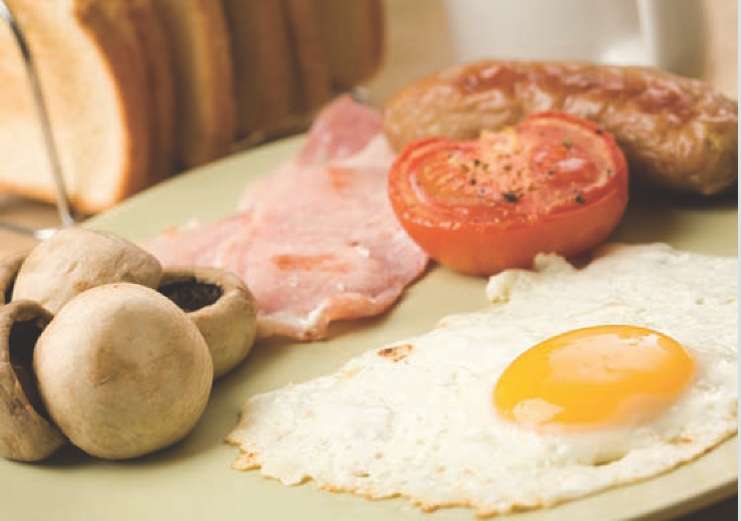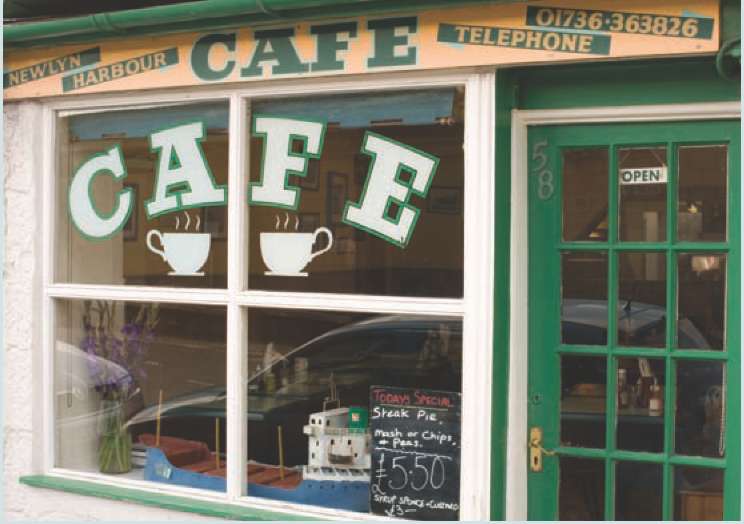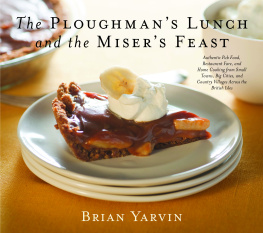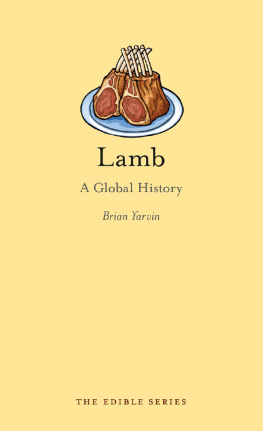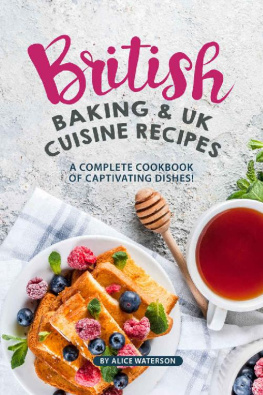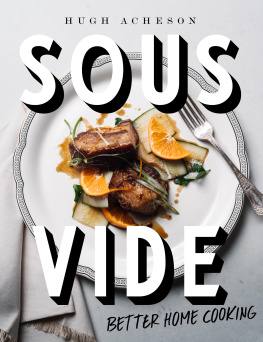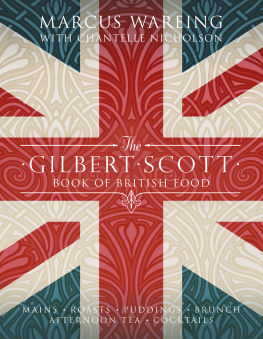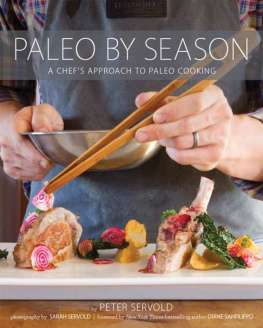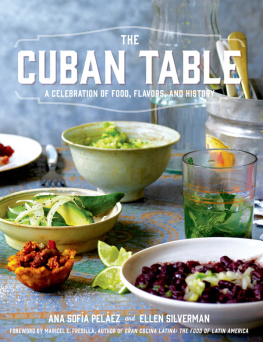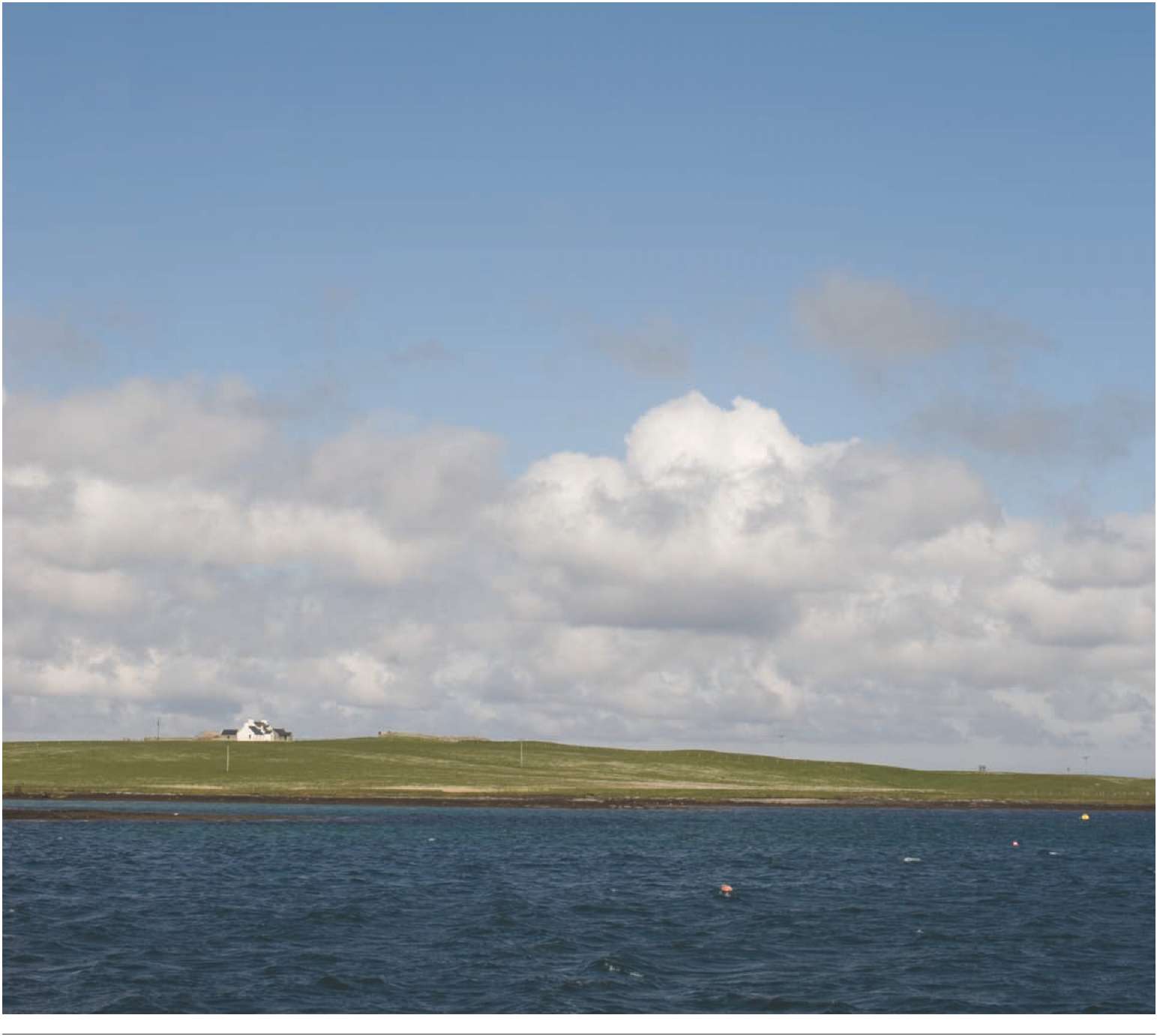
The Harvard Common Press
535 Albany Street
Boston, Massachusetts 02118
www.harvardcommonpress.com
Copyright 2012 by Brian Yarvin
Text photographs copyright 2012 by Brian Yarvin
All rights reserved. No part of this publication may be reproduced or transmitted in any form or by any means, electronic or mechanical,
including photocopying, recording, or any information storage or retrieval system, without permission in writing from the publisher.
Printed in China
Printed on acid-free paper
Library of Congress Cataloging-in-Publication Data
Yarvin, Brian.
The ploughman's lunch and the miser's feast : authentic pub food, restaurant fare, and home cooking from small towns, big cities,
and country villages across the British Isles / Brian Yarvin.
p. cm.
Includes index.
ISBN 978-1-55832-413-8 (hardback : acid-free paper)
1. Cooking, English. 2. Cooking--Scotland. 3. Cookbooks. I. Title.
TX717.Y37 2012
641.5942--dc23
2011025958
Portions of the sidebar "Pie, Mash, Liquor, and Maybe Some Eels, Too" first appeared in The Washington Post on February 14, 2010.
Portions of the sidebar "Deep-Fried Candy Bars" first appeared on SeriousEats.com on June 8, 2009.
Special bulk-order discounts are available on this and other Harvard Common Press books.
Companies and organizations may purchase books for premiums or resale,
or may arrange a custom edition, by contacting the Marketing Director at the address above.
Jacket photographs, front: Banoffee Pie,
Jacket photography and prop styling by Sabra Krock; food styling by Mariana Velasquez
Book design by Elizabeth Van Itallie
10 9 8 7 6 5 4 3 2 1
For the farmers, food vendors, and cooks of Great Britain
the unsung heroes of an unsung cuisine
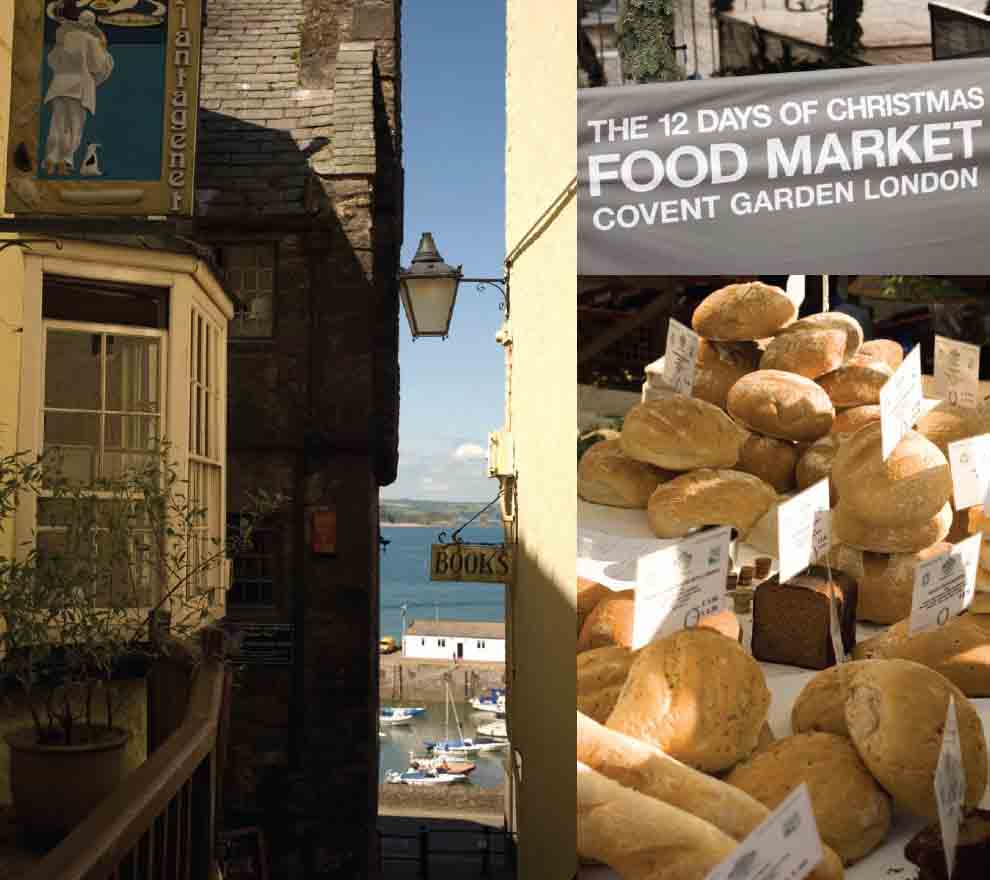
Left: Tenhy, Wales; upper right: Covent Garden, London; bottom right: Notting Hill Market, London
Discovering British Food: An Introduction
For all too long, we Americans were supposed to think that British food was awful. How did we know? It was easy! The British themselves told us whenever they had the chance. Those of us who had been to Great Britain didn't always disagree. Dinners in the mess halls of rural hostels, hurried lunches at dingy train stations, and breakfasts that featured three sad-looking versions of fried swine were hard to argue with.
Even twenty years ago, change was in the air. The pungent spices of South Asia had penetrated even to small towns in the UK, and everybody and their neighbors had eaten fine food in France or Italy, sipped coffee in Seattle, and perhaps even tasted some of those Asian flavors in their countries of origin. The British palate was growing up.
Word of this transformation reached our shores suddenly and without warning. One day, we flipped on our televisions and "Two Fat Ladies" were telling us how wonderful British food was. Before we could fully recover, there was Jamie Oliver with his cool friends, his giant chopping block, and the exact same message: Great Britain was the place for food.
Nowadays we look upon a raging Gordon Ramsay with awe and return from Britain longing for British beef, or a great curry, and a glass of pulled ale to wash it all down.
How the world changes! And, yet, some things don't. To this day, none of my British friends will admit that their vast food revolution actually happened. Only grudgingly will they concede that Jamie is a global celebrity at least in part for his cooking skills, or that all that attention to artisanal, organic, and local ingredients has resulted in at least a few items that taste really good.
So, when my British friends heard that I wanted to write about the traditional foods of their country, instead of writing yet another cookbook about pasta, pizza, risotto, or grilling, they were a bit shockedand maybe a bit embarrassed. Did I really have to remind the rest of the English-speaking world that in the UK they still eat baked beans for breakfast? Indeed, that they still enjoy eating baked beans for breakfast? Yes, they blushed a bit when I mentioned the great seafood, meats, and produce, or the joy of a Sunday afternoon roast beef platter in a rural pub. They admitted the existence of interesting local specialties like pasties and oatcakes. But only now are they coming around to the idea that all these foods and dishes together make up a fresh, new, and vibrant food culture.
Even though the best artisanal products in Britain easily equal the best from its neighbors, we're not yet at the point where we say, to someone who has returned from Great Britain, "Wow! You went to Devon. Did you bring back some cream?" That day is coming, though. In the meantime, bake a steak and kidney pie or some pasties, follow them with a fruit trifle, and wash it all down with some real ale. You won't be sorry.
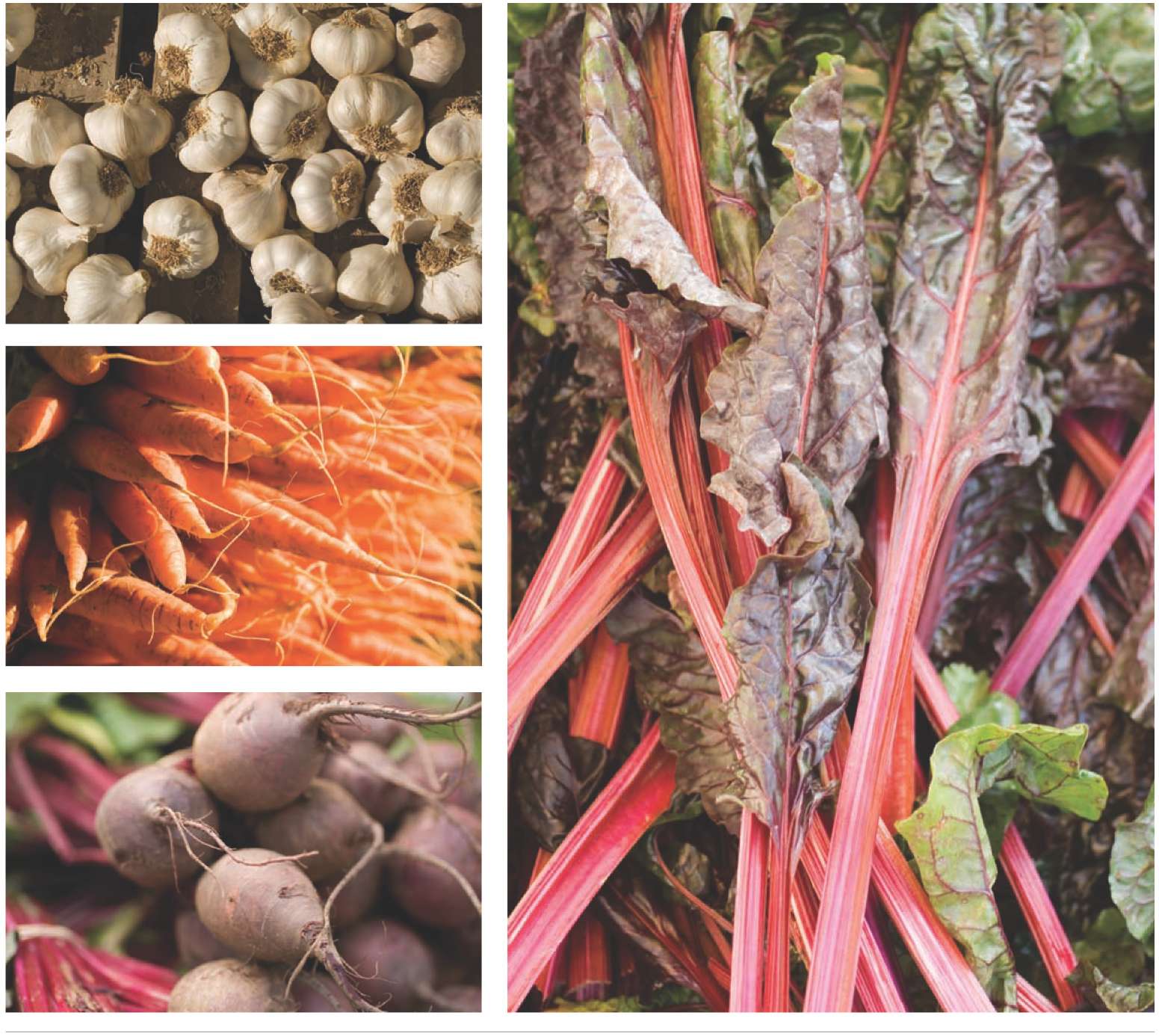
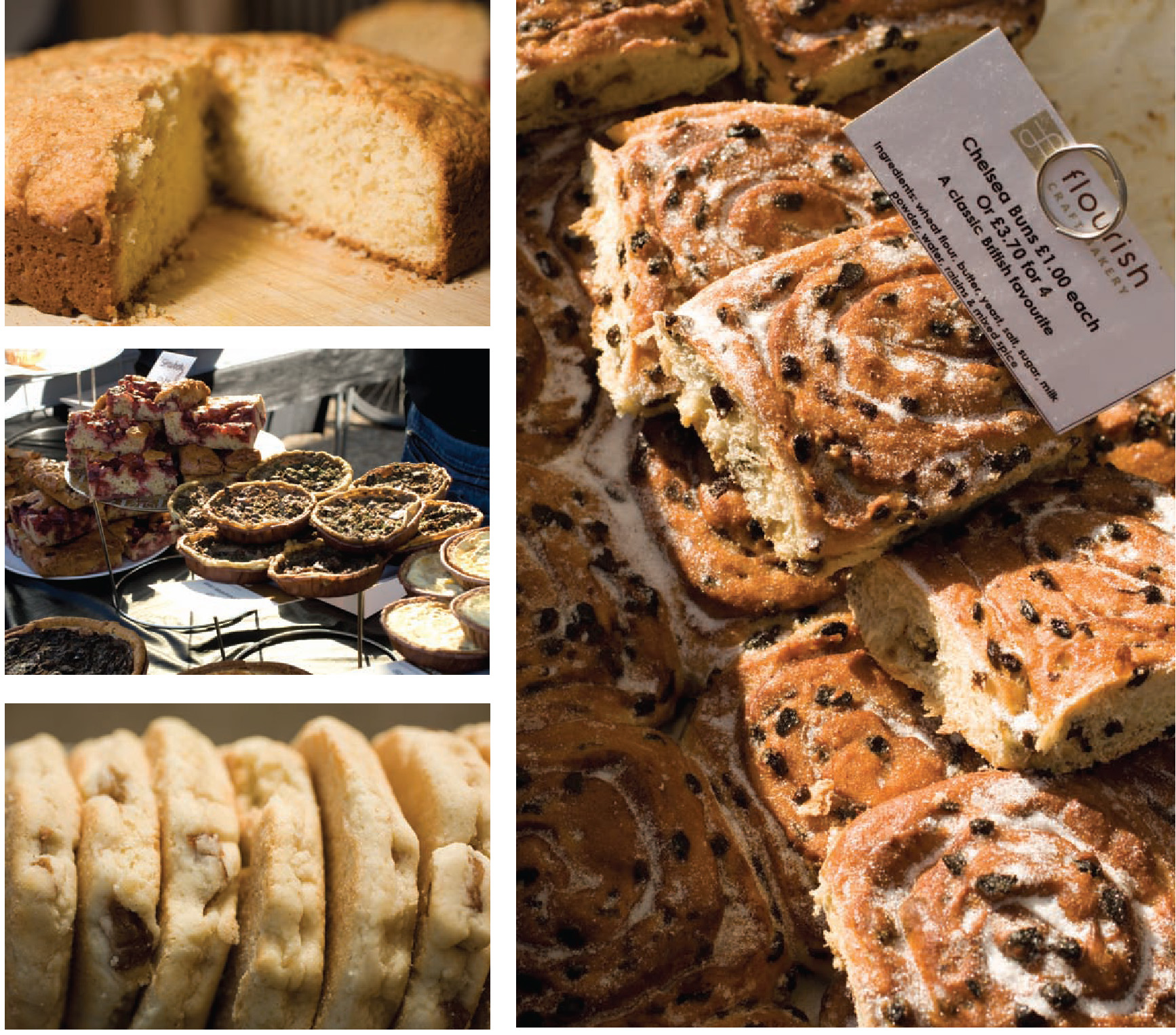
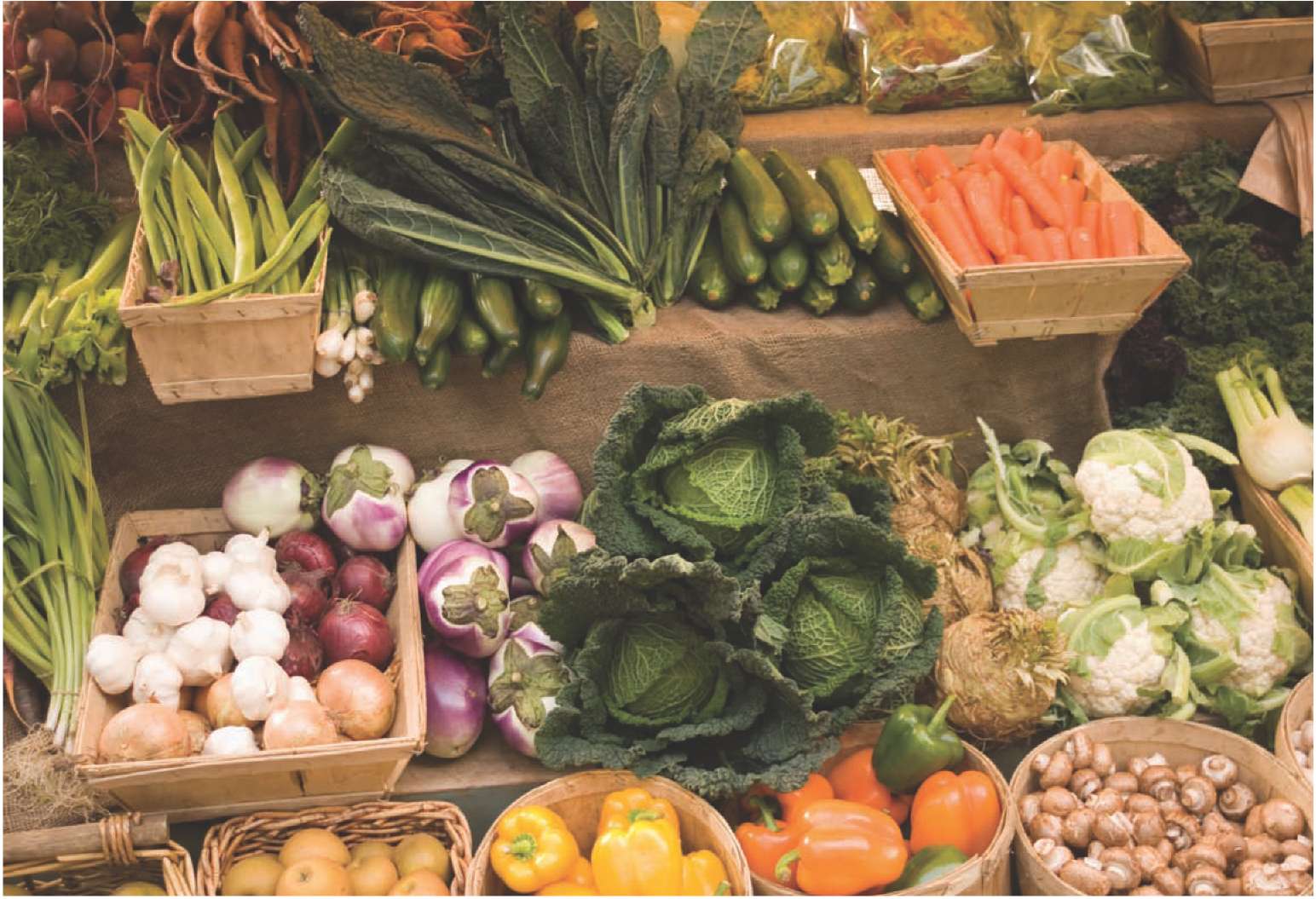
A FULL BREAKFAST
"Do you require breakfast?" is a question you will often hear when booking a room in Great Britain. The question may be worded a bit strangely to American ears, but it's about the meal that counts above all others. Bed-and-breakfast never means a bed and a bowl of corn flakes. It means a bed and a meal so extensive that it's almost a state of mind.
The Full English: A Breakfast for the Ages
Every hotel, bed-and-breakfast, tea shop, caf, and all-day pub claims to serve something called the full English breakfast. Just what is it? After eating a few hundred of them, I feel that I can offer some insight. The meal always includes at least one egg, toast, and a minimum of one fried breakfast meat, such as bacon or sausage. But there's more. A breakfast plate will almost always have baked beans and other extras, such as cooked mushrooms, fried or grilled tomatoes, and slices of fried bread. There will frequently be fruit and cold cereal, too.
A full breakfast is a declaration of Britishness, in the same way a meal with pasta first and meat afterwards means you're in Italy. Get breakfast in a place like Gibraltar, and you'll know who's in charge; when a flight attendant serves you one, there's no question about the plane's home base. And the decline of British train travel can be traced to the moment that the full breakfast ceased being served on board.
Here's a breakdown of what you'll need for a full breakfast. The more of these items you have, the more British you'll be. There are no distinct courses; you just get it all out there at the same time and show everybody that the day is ready to start.
